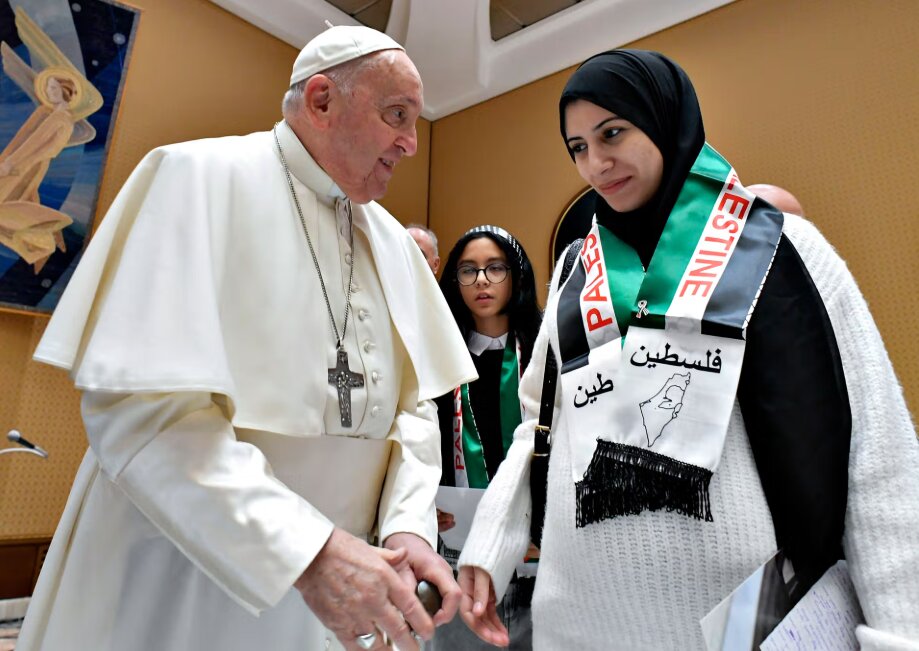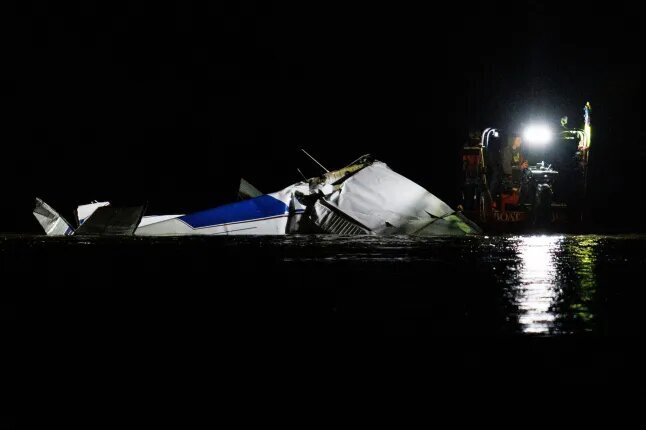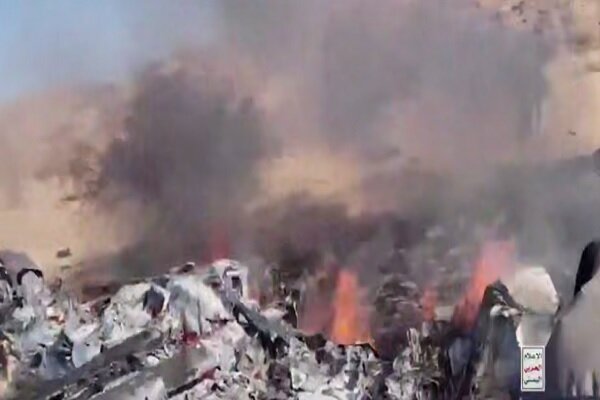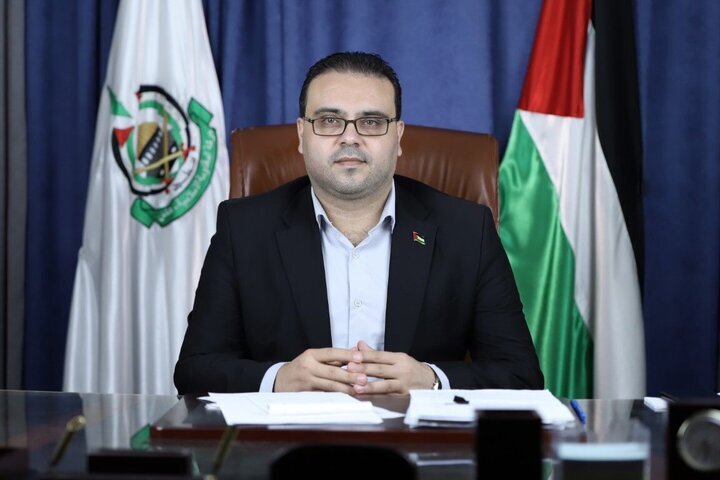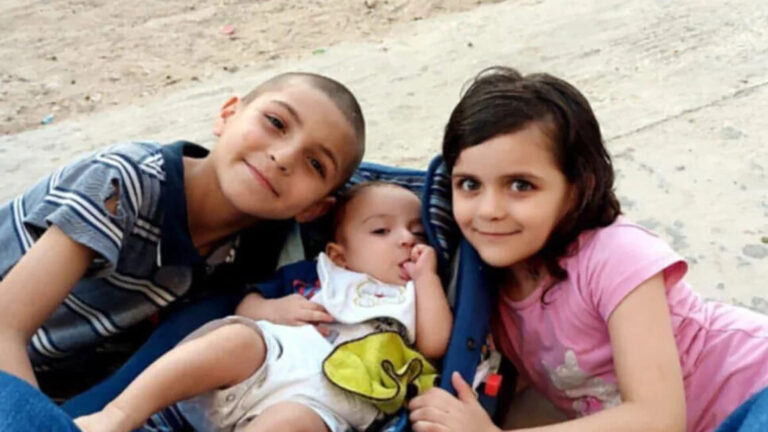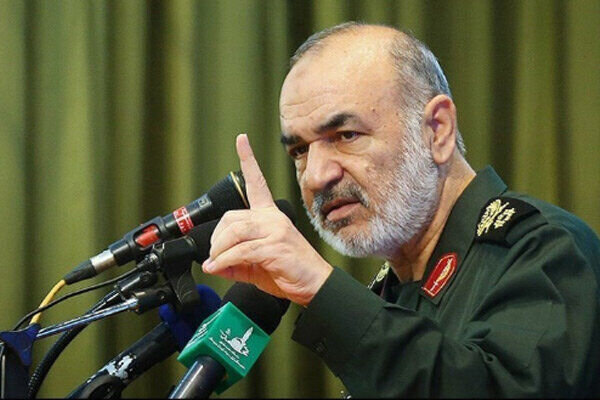Divine Diplomacy: Pope’s Call for Peace in Gaza Sparks Outrage in Israel
Pope Francis, a pivotal figure in the Catholic Church and the first pope from outside Europe in nearly 1,300 years, passed away on the morning of April 21, 2025. Throughout his papacy, he demonstrated a profound concern for global issues, particularly the ongoing Israeli-Palestinian conflict and the humanitarian crisis in Gaza. His calls for peace and justice resonated deeply, especially in times of escalating violence.
With his death, the world mourns a significant religious leader whose advocacy for peace and human rights made a lasting impact on one of the most enduring conflicts in modern history.
Pope Francis’ Stance on Gaza and Israel
During the intensification of the conflict in October 2023, Pope Francis emerged as a vocal critic of the violence and dire humanitarian conditions in Gaza. He emphasized that the situation transcended traditional warfare, describing it as terrorism. On November 22, 2023, he poignantly remarked, “This is not war. This is terrorism.” His focus on the suffering of civilians, particularly children, underscored the urgent need for humanitarian assistance and an immediate cessation of hostilities.
In a notable statement made in November 2024, Pope Francis urged the international community to investigate whether Israel’s military actions in Gaza could be classified as genocide. He asserted, “According to some experts, what is happening in Gaza has the characteristics of a genocide. It should be carefully investigated.” This marked a rare and significant challenge to Israel’s military conduct during the conflict.
The pope also condemned the bombings of civilian infrastructure, such as hospitals and schools, which resulted in numerous civilian casualties. On December 26, 2024, he lamented, “Yesterday, children were bombed. This is cruelty, not war,” emphasizing the moral implications of the violence.
In his Easter 2025 message, he called upon “the warring parties: call a ceasefire, release the hostages and come to the aid of a starving people that aspires to a future of peace.” He also expressed concern over the rising tide of antisemitism globally, reflecting his commitment to a balanced perspective amid a deeply polarized conflict.
The Role and Plight of Palestinian Christians
Pope Francis displayed a deep compassion for Palestinian Christians, a minority group significantly affected by the ongoing conflict. Following the escalation of violence after the October 7 attack by Hamas on southern Israel, he made nightly calls to Gaza’s Holy Family Parish, demonstrating his solidarity with the community.
The Israeli military actions in Gaza and the West Bank have severely impacted Palestinian Christian communities, leading to fears among leaders that they may vanish entirely if conditions do not improve. The celebration of Easter in 2025, typically a joyous occasion, was overshadowed by sadness and anxiety, highlighting the struggles faced by Christians amid the conflict.
Israel’s Reaction: Outrage and Diplomatic Tensions
Israel’s response to Pope Francis’ statements was one of swift outrage and frustration. Israeli officials accused the pope of overlooking the security challenges posed by Hamas, asserting that the militant group used civilians as human shields and took hostages. The Israeli Foreign Ministry labeled the pope’s remarks as exhibiting “double standards,” claiming he unfairly targeted Israel.
Following the pope’s criticism of the deaths of Palestinian children, Israeli authorities summoned the Vatican’s ambassador in Jerusalem to express their discontent. The moral authority wielded by Pope Francis posed a challenge to Israel’s military and political narrative.
Pope Francis consistently advocated for human rights and justice in the Gaza conflict, expressing genuine concern for the plight of Palestinians. His use of terms like “terrorism” and “genocide” in reference to Israel’s actions marked a significant moment for a current pope, illustrating his willingness to confront powerful nations over ethical issues.
Additionally, his vocal support for Palestinian Christians underscored the necessity of safeguarding minority groups within the Holy Land and acknowledging the diverse cultures and faiths present in the region. This approach provided a refreshing contrast to the often divisive political discourse surrounding the conflict.
Israel’s strong reaction to the pope’s remarks revealed its sensitivity to criticism from prominent figures, demonstrating the complexities of the relationship between the Vatican and Israel.
Pope Francis leaves behind a complex legacy. His words inspired countless individuals advocating for Palestinian rights and human dignity. His unwavering commitment to peace and justice serves as a testament to his influence in the ongoing dialogue surrounding one of the world’s most challenging conflicts.
